Deena Shanker for Bloomberg:
At a 93,000-square-foot warehouse-office in San Francisco’s Mission District, they’re growing chicken. Not chicken the animal—chicken the protein.
Just Inc., the maker of plant-based mayonnaise and vegan eggs, is using cellular agriculture to take extracted animal cells and turn them into chicken nuggets. Technicians grow the cells (the company’s catalog includes both stem cells and not) in baths of nutrient-rich liquid media, a bespoke “feed” that includes salts, sugars, amino acids, and often, notably, no animal molecules at all. Just is turning huge bioreactors into mini chicken farms, getting cells to multiply naturally, without an animal body to house them.
I feel like paragraphs like these are intended to scare people, and maybe they should scare people. After Michael Pollan said we shouldn’t eat anything that our great-grandmother wouldn’t recognize as food, stories like these are mental gymnastics for these new meat technologies — even the ones just made of plants. Even if we know they’ll naturally be better for the planet and animals generally.
And now they’re ready for the market:
The chicken nuggets are still being refined, but they’re ready for small-scale commercialization, Just says, and restaurant partners are already lined up. They’ll be the first cultured meat product available to consumers, even if, at $50 a pop to make, they’re limited to diners with deep pockets—and a taste for adventure.
I wonder who will get these first. I’m guessing they’ll follow Impossible’s template: a few restaurants in major cities (SF first because Just Inc. is there, and then LA and NYC), then a celeb chef or two, then expand in those cities and start hitting festivals with a truck.
In June the Good Food Institute (GFI), a nonprofit promoting cellular agriculture and plant-based foods, counted 26 companies focused solely on cellular agriculture, including Memphis Meats, backed by Tyson Foods Inc., and cell-based seafood maker BlueNalu Inc., which plans to introduce yellowtail and mahi-mahi in a Southern California test market in two to three years. These startups are selling the idea of a real, not plant-based, meat that’s better for the environment and public health and has zero animal-welfare concerns.
I love that everyone isn’t working on one singular kind of thing. I imagine a breakthrough from one company could be a sea change that pulls all up—in texture, taste, and form. Similar to what Impossible and Beyond have done for plant-based meats.
Just says it’s been market-ready since 2018, but before anyone can sell it, a government needs to give the cell-based industry the green light. And for that, all eyes are on Asia. […] Growing lots of meat in relatively tiny spaces is an attractive proposition.
I’m very interested in the language that will be used around these. As the price drops and they become more competitive with the traditional meat market, I think we’ll see a bigger corporate backlash than we did when veggie patties called themselves burgers and Big Beef went bonkers. Read this bit:
But the biggest hurdle may not be the science, or the regulators, or the funding. It’s disgust. Nobody can even agree on what to call the protein: clean meat, cell-based, cellular, cultured, cultivated? No stranger to controversy, Tetrick tested “slaughter-free” on this Bloomberg Businessweek reporter. (She voted no.)
My money is on cultivated meat because it sounds agricultural. And I think that would make people feel at ease.
